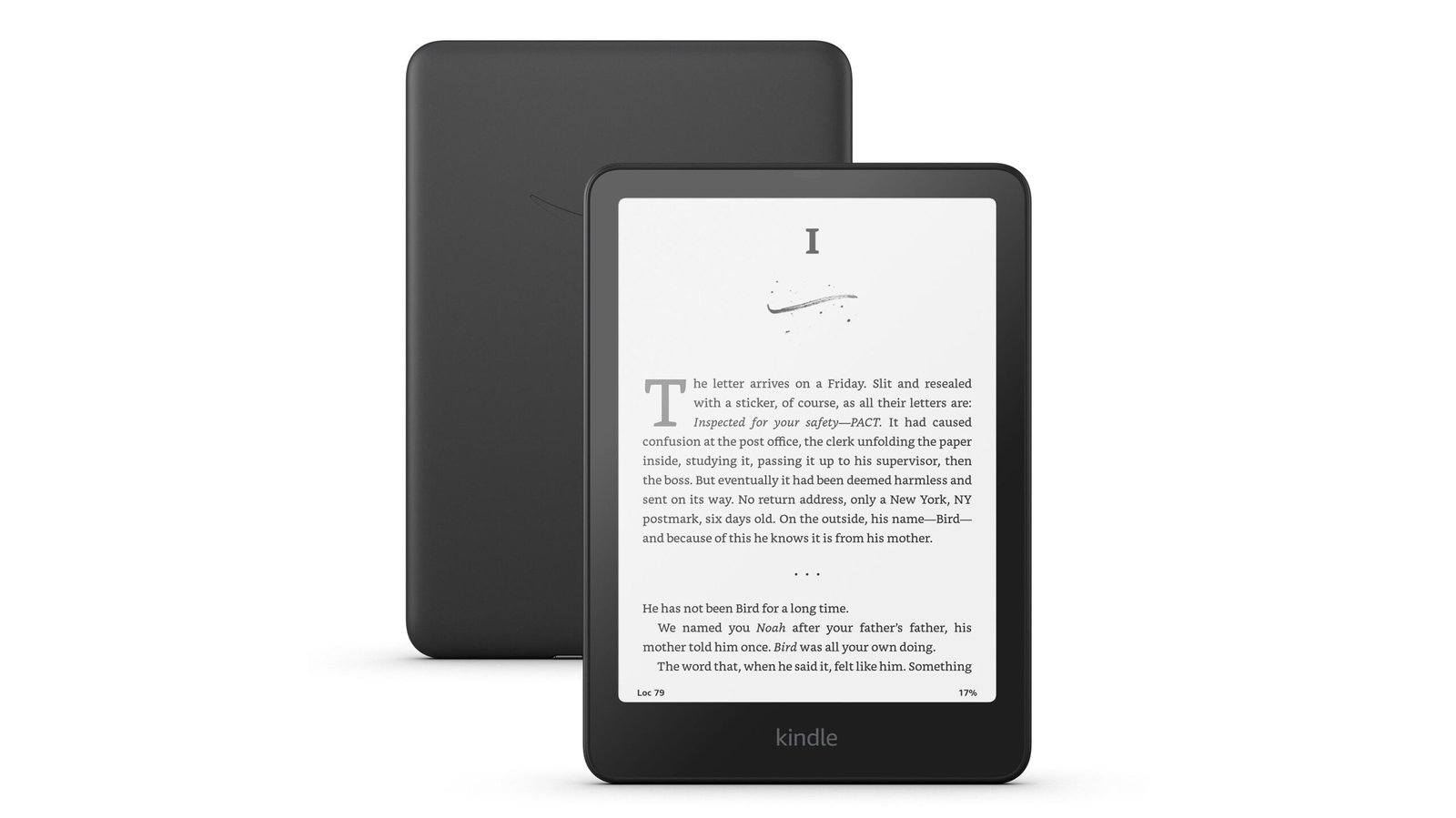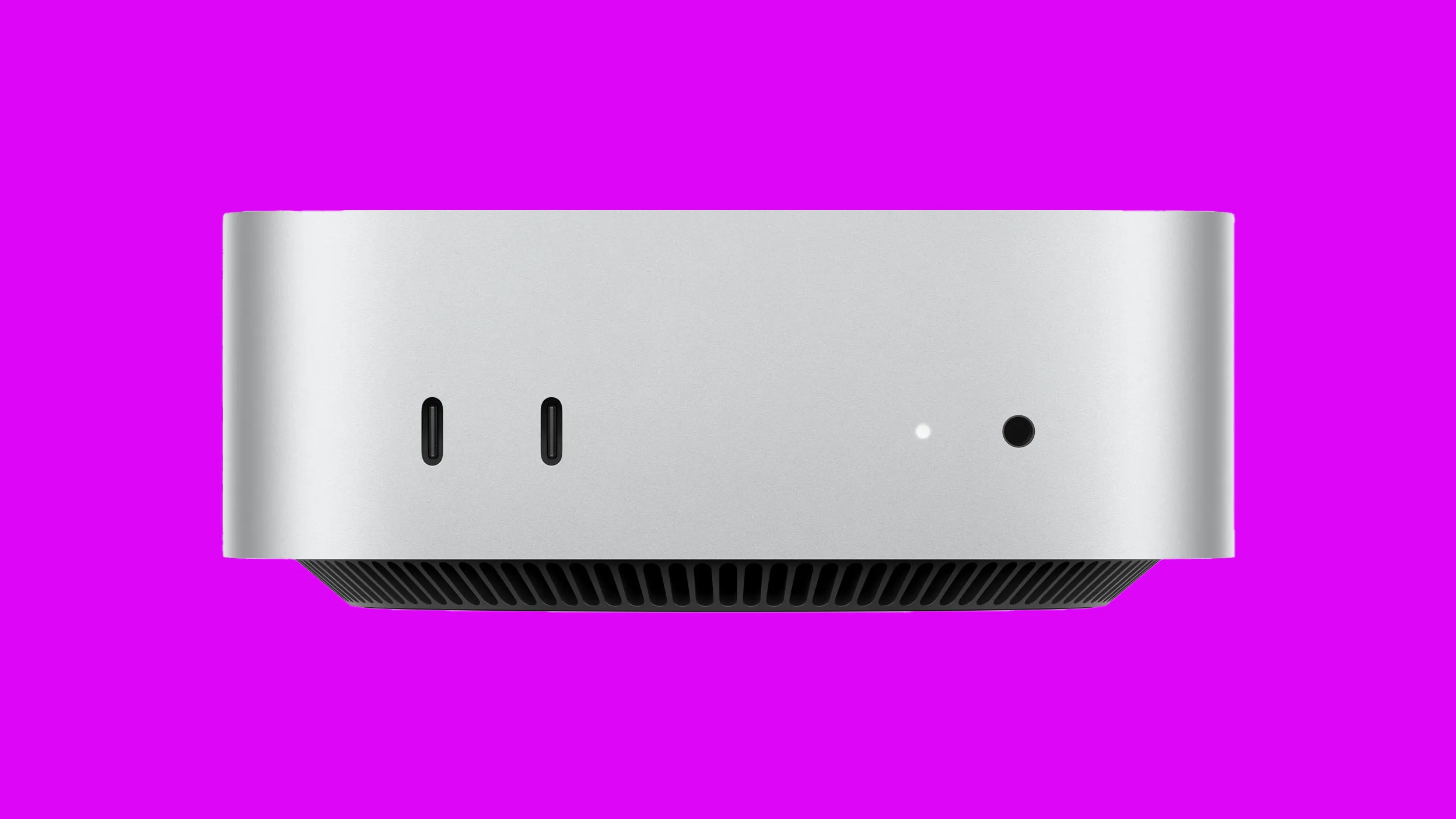In a recent revelation that strikes at the heart of digital privacy concerns, Google has agreed to settle a major lawsuit alleging that it continued to track users’ internet activities even while they were using the supposedly private “Incognito” mode. This settlement, which involves a substantial $5 billion claim, has raised serious questions about the extent of privacy users can expect while browsing online.
Key Highlights:
- Google settles a $5 billion lawsuit over privacy violations in Incognito Mode.
- Plaintiffs claim Google misled users about the privacy of their internet activities in private browsing mode.
- Lawsuit alleges Google continued tracking users’ site visits and activities in Incognito Mode.
- Settlement terms undisclosed, but the original lawsuit sought $5 billion for users.
- Google updates Incognito Mode disclaimer following the settlement.

The Facade of Online Privacy
For years, Google’s Incognito Mode in Chrome browser has been a go-to option for users seeking a degree of privacy online. However, the lawsuit, initiated in June 2020, charged Google with misleading its users into believing that their internet activities were private while using this mode. Contrary to these beliefs, it was alleged that Google continued to track site visits and activities, effectively building an “unaccountable trove of information” about its users.
Understanding the Limitations of Incognito Mode
Despite popular belief, Incognito Mode, as clarified by Google, only prevents the local saving of browsing history, cookies, and information entered into forms. It does not offer complete anonymity or prevent online tracking by websites or internet services, including Google’s own analytics and advertising technologies.
Legal and Ethical Implications
The lawsuit, which accuses Google of violating federal wiretap laws, has led to a renewed scrutiny of the tech giant’s practices. Although the settlement terms have not been disclosed, the lawsuit had originally sought at least $5 billion in damages. This significant financial implication underscores the growing legal pressures tech companies face over privacy issues.
Unveiling the Incognito Misconception
Incognito Mode, a feature in Google’s Chrome browser, has long been perceived as a safe haven for private browsing. However, the lawsuit revealed a different reality. Despite users’ belief in the privacy of Incognito Mode, Google allegedly continued to track and compile data on user activities. This action contradicts the common understanding of what private browsing modes offer, sparking widespread concern about the true extent of online privacy
Broader Implications for Digital Privacy
This development highlights a broader concern in the digital age: the delicate balance between convenience and privacy. As users increasingly rely on digital services for various aspects of their lives, understanding the true nature of privacy tools becomes paramount. The case against Google serves as a wake-up call for users to critically evaluate the privacy claims of digital services and to advocate for more transparent and ethical data practices.
Google’s Response and Updated Disclaimer
In response to the settlement, Google has updated the disclaimer for Incognito Mode, making it clear that while this mode prevents others using the same device from seeing one’s activity, it does not change how data is collected by websites, including Google.
The settlement of this lawsuit and the updated disclaimer by Google serve as a stark reminder of the complexities surrounding online privacy. Users are urged to understand the limitations of private browsing modes and employ additional measures, such as content blockers, for enhanced privacy protection.


















